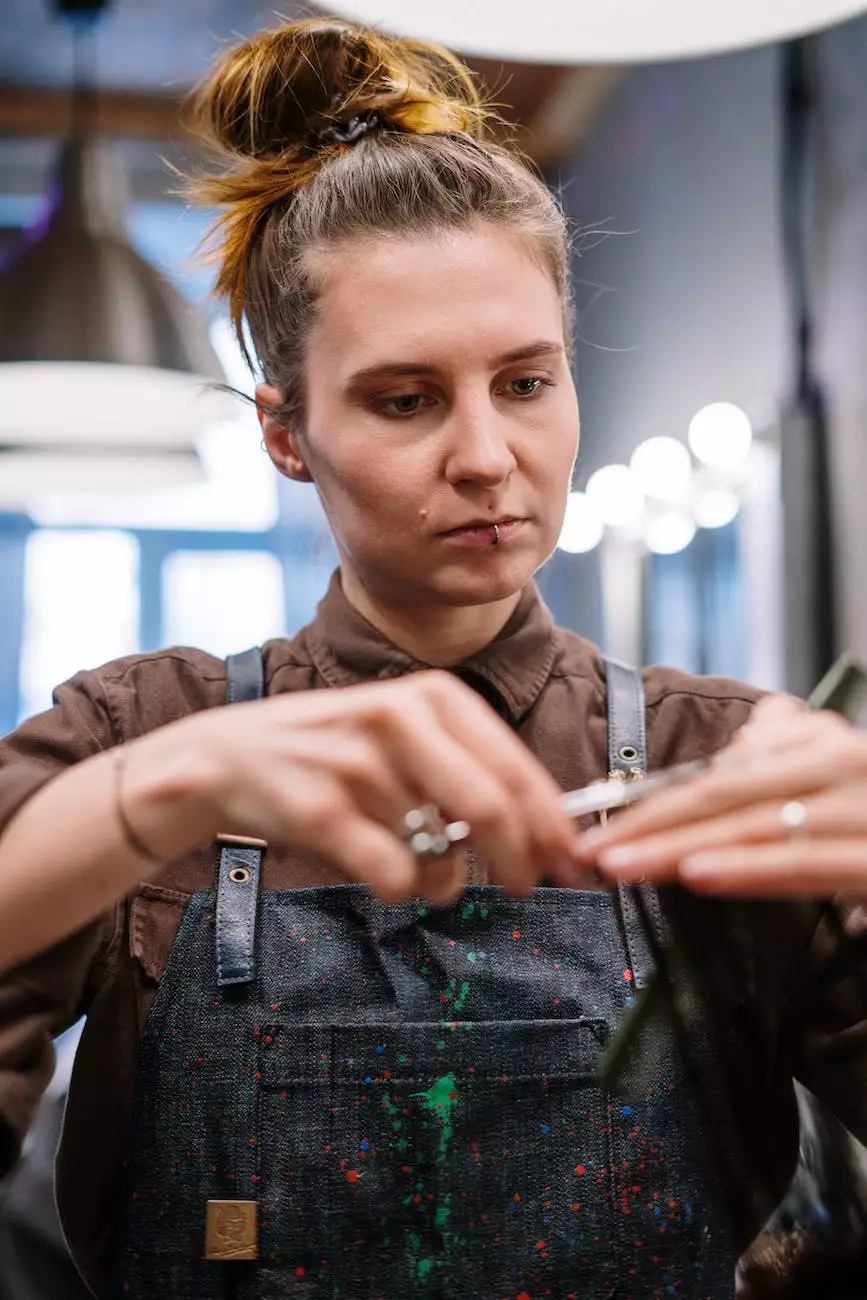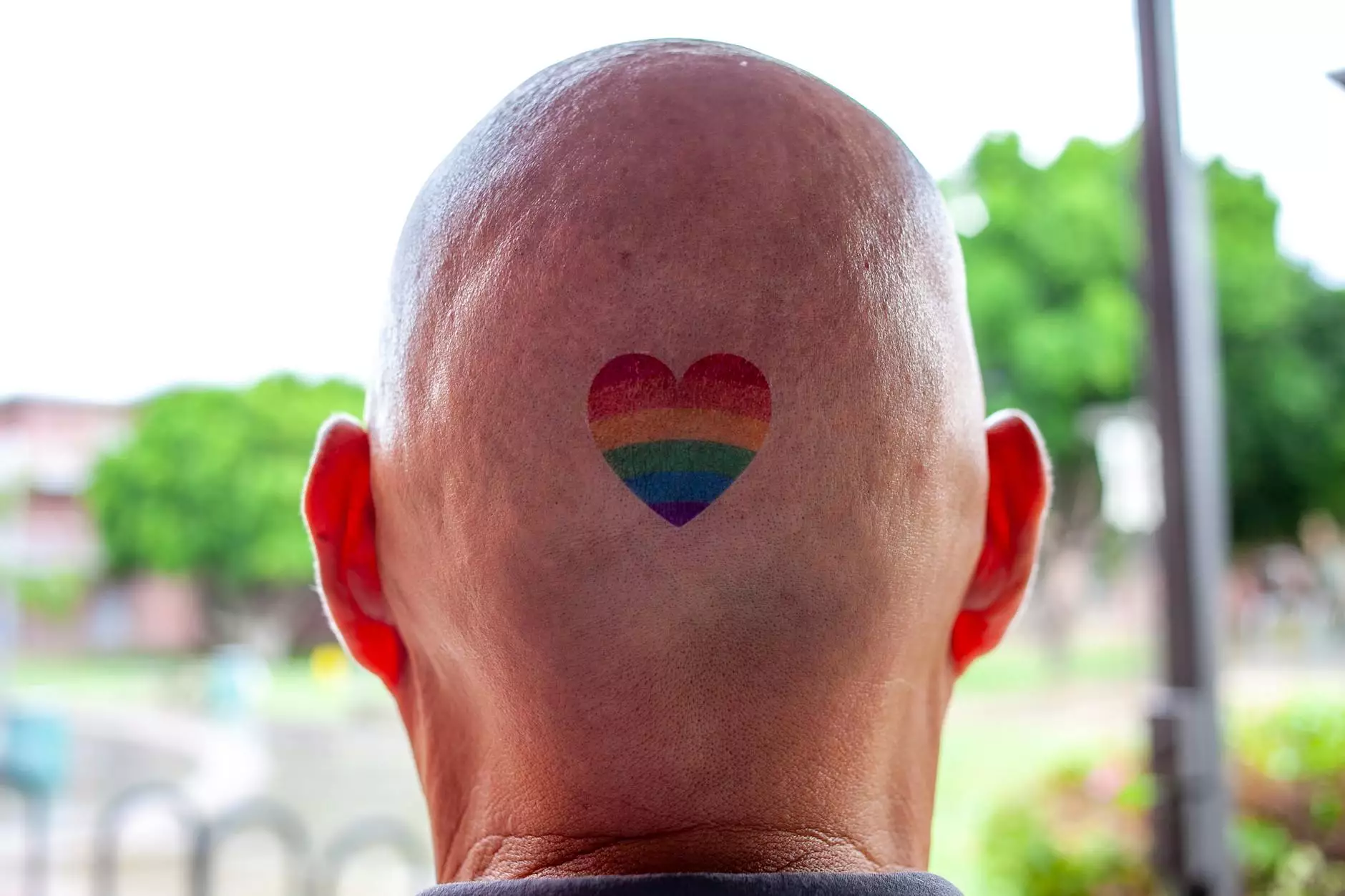The Hair Restoration Journey, Part 6: Post-Operative Care - Smith, Arthur F, MD
Skin Care
Introduction to Post-Operative Care
Congratulations on completing your hair transplant procedure at Smith, Arthur F, MD! Now that the surgery is behind you, it's time to prioritize post-operative care to ensure optimal healing and successful results. This comprehensive guide will provide you with essential information and expert tips to facilitate your recovery process.
What to Expect Immediately After Surgery
As you leave the surgical facility, it's important to remember that your scalp will be sensitive and require special attention during the initial recovery phase. The transplanted hair follicles are delicate and need time to establish themselves in their new environment. You may experience some swelling, tenderness, and mild discomfort, which are perfectly normal. Here are some key aspects to keep in mind:
1. Head Care and Hygiene
Follow the detailed instructions provided by our team regarding head care and hygiene. It's crucial to keep the donor and recipient areas clean to minimize the risk of infection. You'll be advised on how to gently cleanse your scalp, what kind of shampoo to use, and how to avoid unnecessary pressure or rubbing.
2. Medication and Pain Management
Our experts will prescribe suitable medications to alleviate any discomfort or pain you may experience. Take the prescribed medications as directed and do not hesitate to reach out to our team if you have any concerns or questions about the medication schedule.
3. Avoiding Physical Strain and Sun Exposure
During the initial phase of post-operative care, it is essential to avoid activities that may put undue stress on your scalp. Avoid intense physical activities, heavy lifting, and rigorous exercise for at least a week. Additionally, it's crucial to stay out of direct sunlight and protect your scalp from harmful UV rays.
Understanding the Recovery Process
Post-operative care plays a vital role in the recovery process and eventual success of your hair restoration journey. While every patient's recovery may vary, it's important to familiarize yourself with the general timeline and key milestones:
1. First Few Days
During the first few days after surgery, it is normal to experience some swelling and minor discomfort. Our team will provide you with specific instructions on how to manage these symptoms effectively. It's crucial to avoid scratching, picking, or touching the transplanted area to minimize the risk of damaging the newly implanted grafts.
2. One to Two Weeks
As the initial phase of recovery progresses, any swelling and discomfort should gradually subside. You may notice some scabbing or crusting around the transplanted area, which is completely normal. Our experts will provide instructions on how to gently cleanse your scalp and manage scabbing to ensure proper healing.
3. Long-Term Recovery
Over the next several weeks and months, your transplanted hair follicles will undergo a natural shedding process. This shedding is a normal part of the hair restoration process and paves the way for new hair growth. It's essential to be patient and trust the expertise of our team at Smith, Arthur F, MD.
Expert Tips for Successful Post-Operative Care
Our team at Smith, Arthur F, MD has decades of experience in hair restoration surgery and post-operative care. Here are some expert tips to optimize your post-operative recovery:
1. Follow the Instructions Provided
Listen carefully to the instructions provided by our experts and follow them diligently. This includes medication schedules, head care procedures, and any specific post-operative care guidelines tailored to your unique needs.
2. Be Gentle with Your Scalp
Avoid scratching, rubbing, or picking at the transplanted area. The grafts are in a delicate phase, and any undue stress can impede their successful integration. Treat your scalp with the utmost care and gentleness during the recovery process.
3. Maintain a Healthy Lifestyle
A healthy lifestyle can contribute to the overall success of your hair restoration journey. Ensure you maintain a balanced diet, exercise regularly (after the initial recovery phase), and prioritize stress management techniques to support optimal healing.
4. Attend Follow-Up Appointments
Regularly scheduled follow-up appointments are essential to monitor your progress and address any concerns you may have. Our team will provide you with a personalized follow-up plan, so make sure to attend all appointments and don't hesitate to reach out if you need additional support.
Conclusion
Post-operative care is a critical component of your hair restoration journey at Smith, Arthur F, MD. Following all the guidelines provided by our team and implementing the expert tips outlined in this comprehensive guide will greatly enhance your recovery process and optimize your results. Remember, your patience and dedication to the post-operative care regimen will be rewarded with a natural-looking and healthy head of hair. Trust in our expertise, and let us guide you through every phase of your hair restoration journey. Contact us today to schedule a consultation or learn more about our services!




